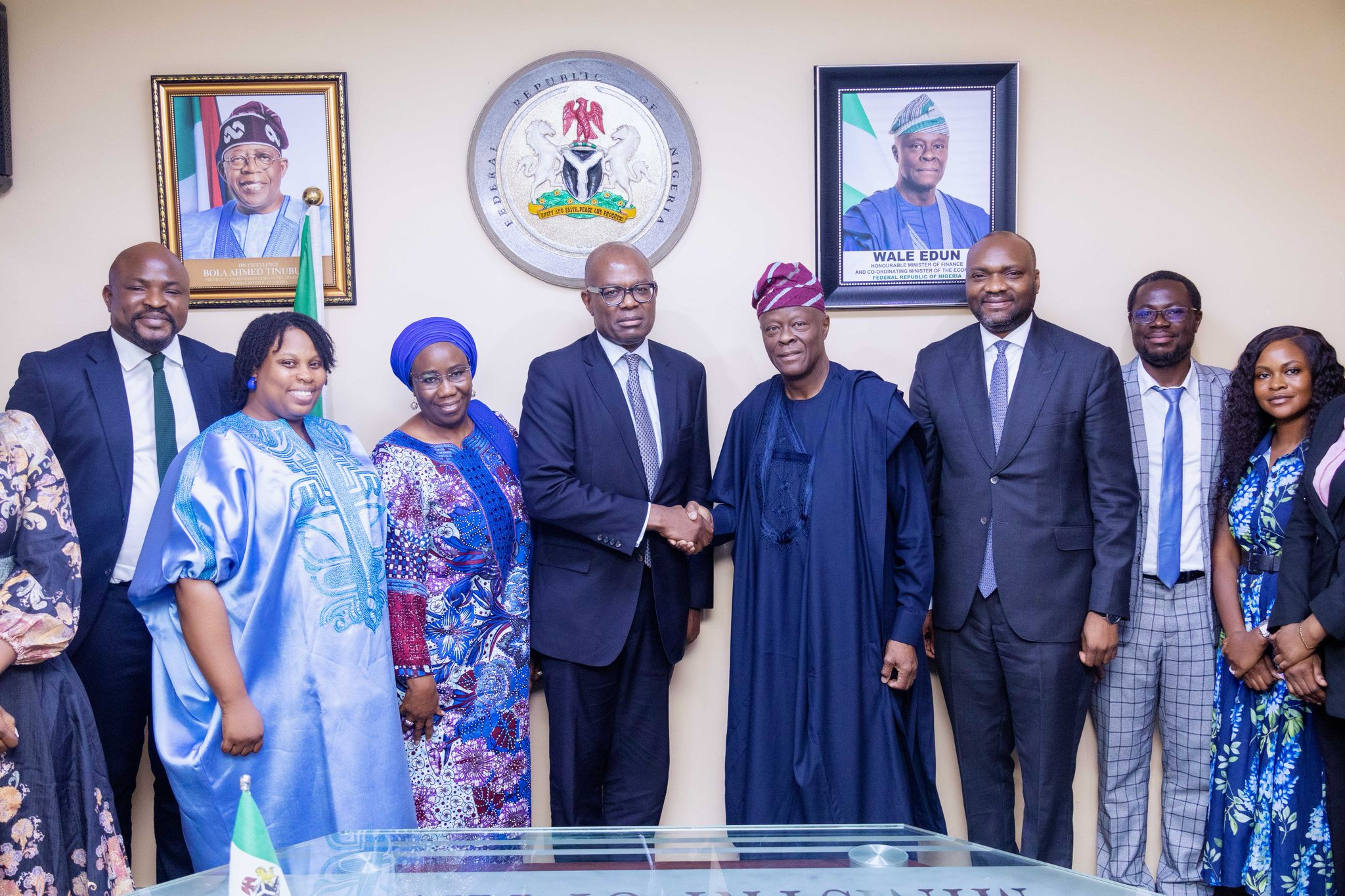By Oladosu Adebola Oluwaseun
In a bold move signaling its commitment to sustainable development and economic diversification, the Federal Government of Nigeria has officially unveiled the Nigerian Climate Investment Platform (NCIP). This country-led initiative, announced in a press release from the Federal Ministry of Finance in Abuja, aims to mobilize a substantial $500 million in green finance to fuel critical infrastructure, bolster climate resilience, and support adaptation projects across the nation. The launch of the NCIP underscores Nigeria’s proactive approach to addressing the challenges of climate change while simultaneously unlocking opportunities for economic growth in a rapidly evolving global landscape.
The genesis of the NCIP can be traced back to a high-level meeting convened in Abuja, bringing together key stakeholders instrumental in Nigeria’s climate finance strategy. The Honourable Minister of Finance and Coordinating Minister of the Economy, Mr. Wale Edun, hosted a delegation comprising representatives from the Nigeria Sovereign Investment Authority (NSIA), the National Council on Climate Change (NCCC), and the Green Climate Fund (GCF). This collaborative engagement highlights the government’s recognition of the multifaceted nature of climate finance and the necessity of forging strong partnerships to achieve its objectives.
Mr. Wale Edun, in his address, expressed strong confidence in the NSIA’s capacity to spearhead this crucial initiative. He emphasized the institution’s established trust and proven track record, positioning it as the ideal entity to lead the NCIP. Minister Edun articulated a clear vision for leveraging climate finance as a catalyst for broader economic goals, including driving growth, enhancing Nigeria’s export competitiveness, and providing vital support to key sectors such as agriculture, infrastructure, and the burgeoning digital innovation space. His statement, “NSIA has the trust and track record to lead this,” underscores the strategic importance placed on the NSIA’s role in navigating the complexities of international climate finance.
Furthermore, Minister Edun highlighted the urgency of capitalizing on all available opportunities in the current global economic environment, with climate finance being a significant avenue for progress. His remark, “If accreditation is the last hurdle, I’m confident they’re ready. The global economic environment demands that we leverage all opportunities—climate finance included—to drive growth, boost export competitiveness, and support sectors like agriculture, infrastructure, and digital innovation,” reflects a pragmatic and forward-thinking approach to securing Nigeria’s economic future in a climate-conscious world.
The development of the NCIP has been a testament to collaborative synergy. The NSIA has worked in close coordination with the GCF and various local stakeholders to design a robust framework capable of attracting both international and domestic capital. Mr. Aminu Umar-Sadiq, the Director-General of the NSIA, acknowledged the pivotal role played by the Honourable Minister’s directive in catalyzing this significant effort. He stated, “The Honourable Minister’s challenge to conceptualize and implement a credible investment platform has catalyzed this effort. We’ve worked with the GCF and local stakeholders to develop a structure that can attract both international and domestic capital.” This collaborative approach ensures that the NCIP is tailored to Nigeria’s specific needs and priorities while aligning with international best practices in climate finance.
Mr. Soji Omisore, speaking on behalf of the Green Climate Fund, acknowledged the current gap in their portfolio, noting that “We currently have no standalone project focused solely on Nigeria. That needs to change. We are here to co-create a country platform that aligns with Nigeria’s climate strategy.” This statement underscores the GCF’s commitment to rectifying this imbalance and actively participating in the development of the NCIP, signaling a strong partnership and a shared vision for Nigeria’s climate future.
Dr. Nkiruka Maduekwe, the Director-General of the NCCC, further emphasized the critical need for Nigeria to significantly enhance its access to international climate finance. Drawing a comparison with smaller nations that have successfully secured accreditation with multiple entities, she stressed the urgency for Nigeria to follow suit. “Countries far smaller than Nigeria have multiple accredited entities. That needs to change. We are pushing for the NSIA, NASRDA, and even the Ministry of Finance to pursue accreditation,” Dr. Maduekwe asserted, highlighting the strategic importance of expanding Nigeria’s capacity to directly access international climate funds.
The NCIP is strategically positioned within Nigeria’s broader national agenda to unlock climate-linked capital and establish the country as a regional leader in sustainable finance. This ambition is particularly relevant in the context of evolving global trade dynamics and the significant opportunities presented by the African Continental Free Trade Area (AfCFTA). By proactively engaging in climate finance, Nigeria aims to not only mitigate climate risks but also to capitalize on the emerging green economy, fostering innovation and attracting sustainable investments.The successful mobilization of $500 million through the NCIP holds immense potential for Nigeria’s sustainable development. These funds are earmarked for critical projects spanning infrastructure development, enhancing climate resilience across vulnerable sectors, and implementing adaptation measures to address the impacts of climate change. Investments in these areas will not only contribute to environmental sustainability but also create jobs, stimulate economic activity, and improve the livelihoods of Nigerian citizens.In conclusion, the launch of the Nigerian Climate Investment Platform represents a significant step forward for Nigeria in its pursuit of a sustainable and climate-resilient future. By aiming to mobilize $500 million in green finance, the country is demonstrating its commitment to addressing climate change while simultaneously driving economic growth and positioning itself as a leader in the green economy. The success of this ambitious initiative will hinge on the continued collaboration and commitment of all stakeholders involved. However, the potential benefits for Nigeria’s economy, environment, and its standing on the global stage are undeniably substantial, paving the way for a more prosperous and sustainable future for all Nigerians.
